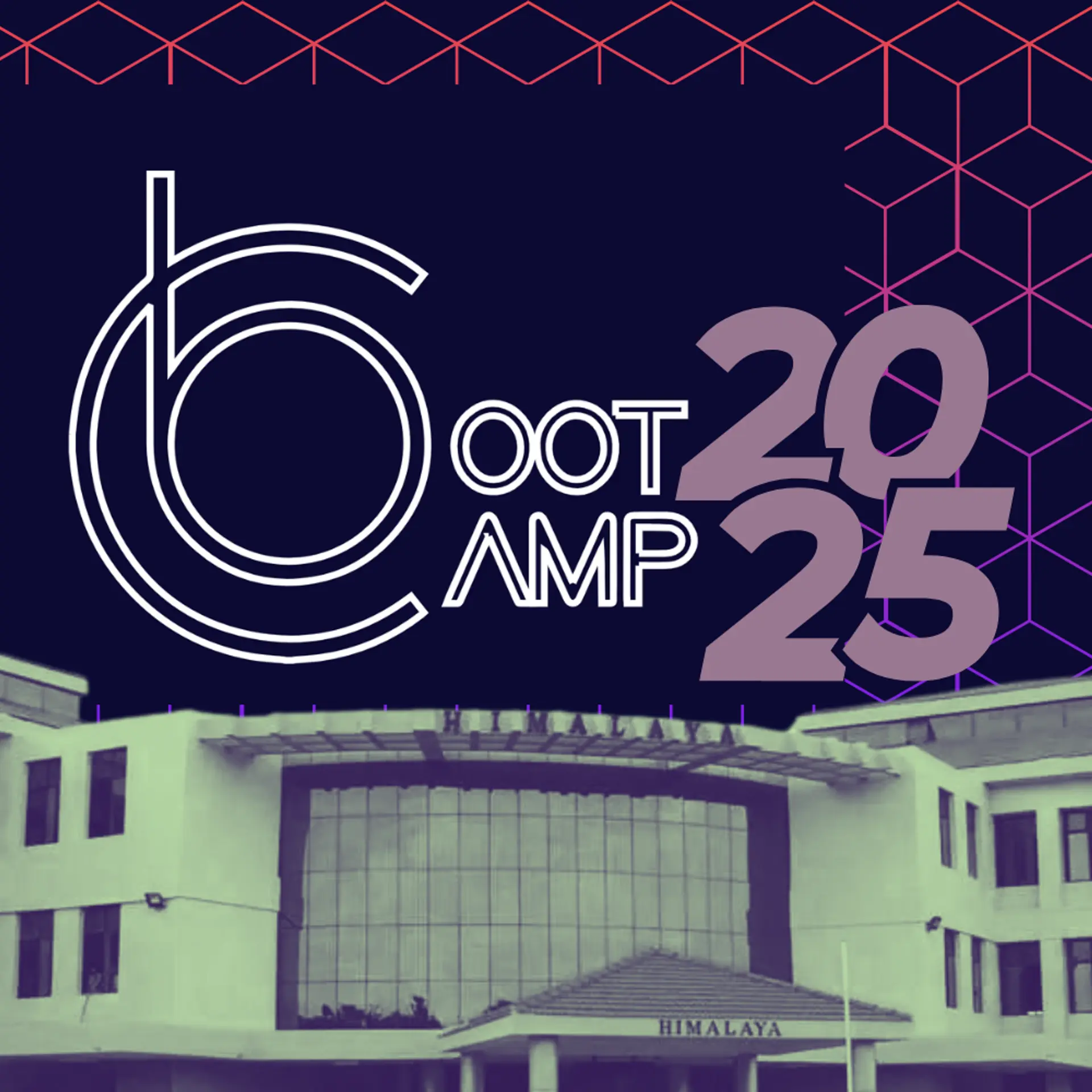Tech Winners Starting Small, Scaling Up
Remember the Tech Museum Awards? The award “honors innovators from around the world who are applying technology to benefit humanity.” The 25 winners were announced yesterday, with two innovators from India. MercuryNews.com covered the ceremony in San Jose, California and met with the winners, including DESI Power and Digital StudyHall.
First, DESI Power is based in Bangalore and utilizes affordable and reliable electricity:
Hari Sharan employs 19th-century biomass gasification technology to bring electricity to rural Indian villages. His company, DESI Power, converts vegetation — such as rice hulls and corn husks — into energy. Not only does that provide power to poor communities, it also creates opportunities for micro-enterprises that keep residents from migrating to the slums of big cities.
TC-I covered another unique way of converting vegetation to energy via rice husks. There is tremendous potential to scale up with these plants, and DESI Power is already operating four plants and increasing to twenty next year.
Another creative use of technology aims to strengthen education. MercuryNews reports on Digital StudyHall, which is actually a research project out of a US university.
Randolph Wang, who studied computer science at the University of California-Berkeley, abandoned teaching at Princeton University to launch Digital StudyHall in India.
“It’s a very simple idea. You can call it Netflix for poor children,” said Wang, who already had his elevator pitch down.
His nonprofit, which is associated with the University of Washington, provides video classroom lessons from top-notch teachers to poor schools, which usually are no more than dirt-floor rooms supervised by young teachers with little training.
“We have seen dramatic student performance improvements, from 100 percent to 300 percent,” he said.
According to the organization’s website, there are currently “pilot ‘hubs’ in Lucknow, Calcutta, Pune, and Dhaka, covering approximately 30 schools.” The lessons cover a variety of subjects and languages. We touched on Digital Green before, from which Digital StudyHall uses a similar approach. Again, there is potential here for scale. The website says:
To avoid retracing the missteps of earlier “wire-the-schools” projects, we follow two important principles: (1) cost realism, essential if we are to scale the system up to a significant number of schools and students; and (2) building systems that solve end-to-end education problems, so the twin pillars of technology and pedagogy must develop side by side, and content and people relationships must play leading roles.
Some fundamental questions of the utility of such technology may arise. Prerna wrote about laptops and technology in classrooms; this is a great example of how technology can be used to bolster pedagogy, but not replace classroom necessities, such as a teacher and targeted activities.
Keep an eye on both these technologies as they widen their impact.






